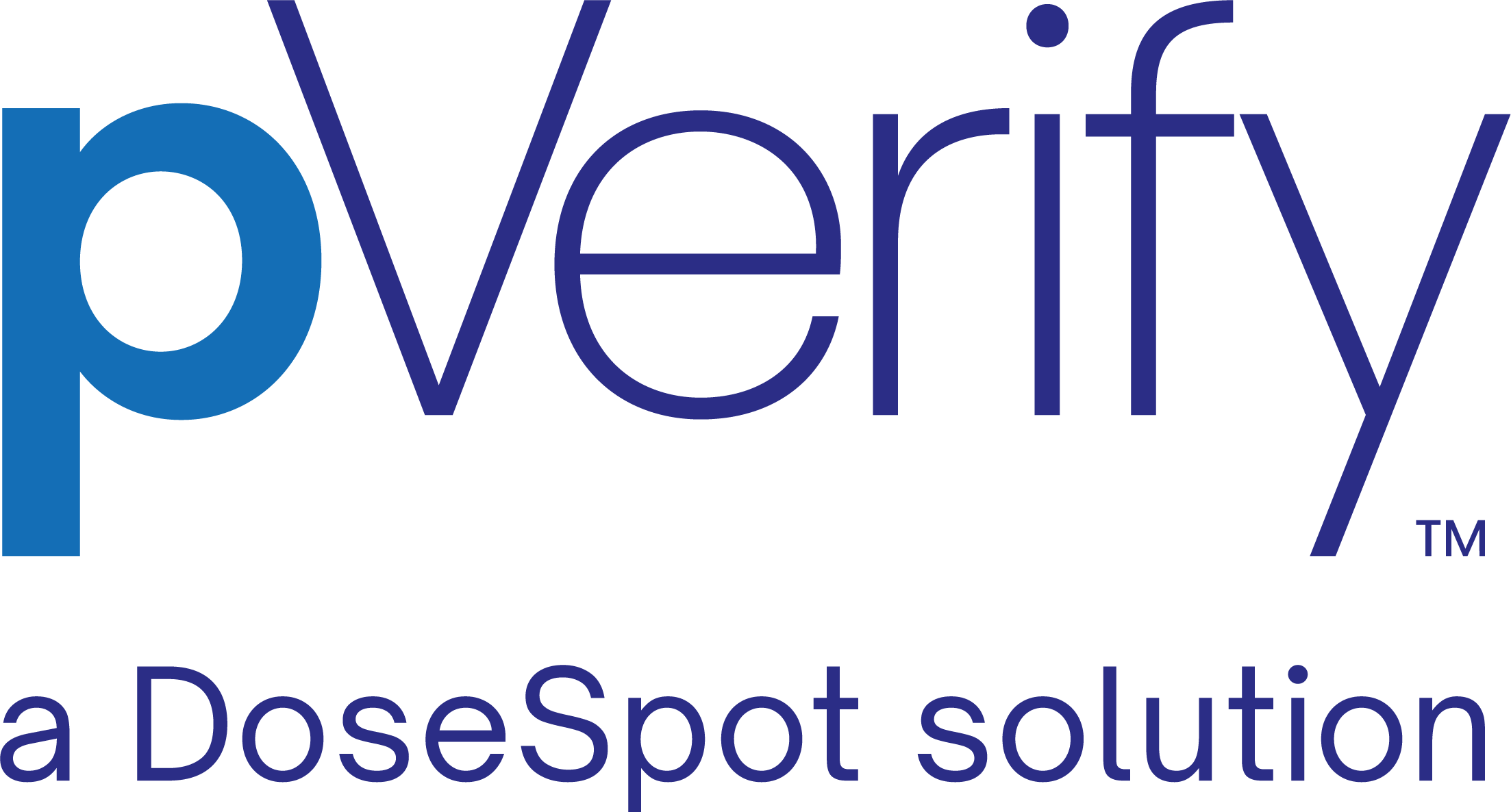An API, or Application Programming Interface, is a set of rules and protocols that allows different software applications to communicate and interact with each other, enabling them to share data and functionality.
In healthcare, APIs play a crucial role in facilitating the exchange of information between various systems and applications used by healthcare providers, patients, and other stakeholders, such as insurance eligibility and verification software, Revenue Cycle Management (RCM) companies, or medical billing companies.
APIs are used in numerous medical billing processes to help facilitate communication and data exchange between different software systems and platforms.
Integration with Electronic Health Record (EHR) Systems
Many medical practices use EHR systems to manage patient records and clinical workflows. APIs enable integration between EHR systems and medical billing software, allowing seamless transfer of patient demographic data, diagnoses, procedures performed, and other relevant information for accurate billing.
Real-Time Eligibility Verification
APIs can be used to connect to insurance eligibility verification services provided by insurance companies or insurance eligibility software vendors. This allows a provider to look up a patient’s insurance and instantly check a patient’s insurance coverage and benefits before providing services. Having accurate insurance coverage information before providing services reduces claim denials due to eligibility issues. Registration and eligibility are responsible for 22% of claim denials. Leveraging APIs from an insurance eligibility software provider can help significantly reduce denials.
Claims Submission
Medical billing software often integrates with APIs provided by insurance clearinghouses or directly with insurance companies to submit claims electronically. APIs streamline the claims submission process by automating data transfer and reducing manual entry errors, leading to faster reimbursement and fewer claim rejections.
Payment Processing
APIs can facilitate payment processing by integrating with payment gateways or merchant services. This allows medical billing software to securely process patient payments, including copayments, deductibles, and outstanding balances, and update billing records accordingly.
Adjudication and Remittance
APIs are used to retrieve electronic remittance advice (ERA) files from payers, which provide detailed explanations of payments or denial for submitted claims. By integrated with these APIs, medical billing software can automatically reconcile payments, identify claim denials, and initiate appeals if necessary.
Reporting and Analytics
APIs enable medical billing software to retrieve data from various sources, including HER systems, billing databases, and external analytics platforms. This data can be used to generate comprehensive reports and analytics on key performance indicators, such as revenue cycle metrics, claim rejection rates, and payer reimbursement trends.
Patient Communication and Engagement
APIs can also facilitate communication between healthcare providers and patients regarding billing and financial matters. For instance, patient portals integrated with APIs allow patients to access their billing statements, make payments, and inquire about insurance coverage online. This enhances patient satisfaction by providing convenient and transparent billing processes, reducing the need for phone calls or in-person visits for billing inquiries.
Compliance and Security Measures
Incorporating APIs into medical billing processes also necessitates robust compliance and security measures to protect sensitive patient information. APIs must adhere to strict healthcare regulations such as the Health Insurance Portability and Accountability Act (HIPAA) to ensure the confidentiality and integrity of patient data during transmission and storage. Additionally, encryption and authentication protocols should be implemented to safeguard against unauthorized access and data breaches.
Scalability and Customization
One of the key advantages of using APIs in medical billing is the scalability and customization they offer. Healthcare organizations can tailor APIs to their specific needs and requirements, whether it involves integrating with legacy systems, adapting to evolving regulatory changes, or accommodating unique billing workflows. APIs provide the flexibility to scale operations as the organization grows or as new billing processes emerge, ensuring long-term viability and adaptability.
Continuous Improvement and Innovation
As technology continues to evolve, APIs pave the way for continuous improvement and innovation in medical billing practices. Healthcare organizations can leverage APIs to adopt emerging technologies such as artificial intelligence (AI), machine learning, and predictive analytics to optimize billing processes, identify revenue opportunities, and mitigate risks. By embracing innovation through APIs, healthcare providers can stay ahead of the curve and deliver superior financial outcomes while enhancing patient care.
Overall, APIs play a crucial role in streamlining medical billing processes, improving efficiency, accuracy, and revenue cycle management for healthcare providers and billing companies. Connecting to the right sources of data and implementing the right processes can help significantly with trying to improve rejected claim processes.
Not all insurance and eligibility verification software is equal. Learn more about how pVerify’s industry-leading capabilities and APIs can help automate medical billing practices.
Schedule a demo with pVerify today.

